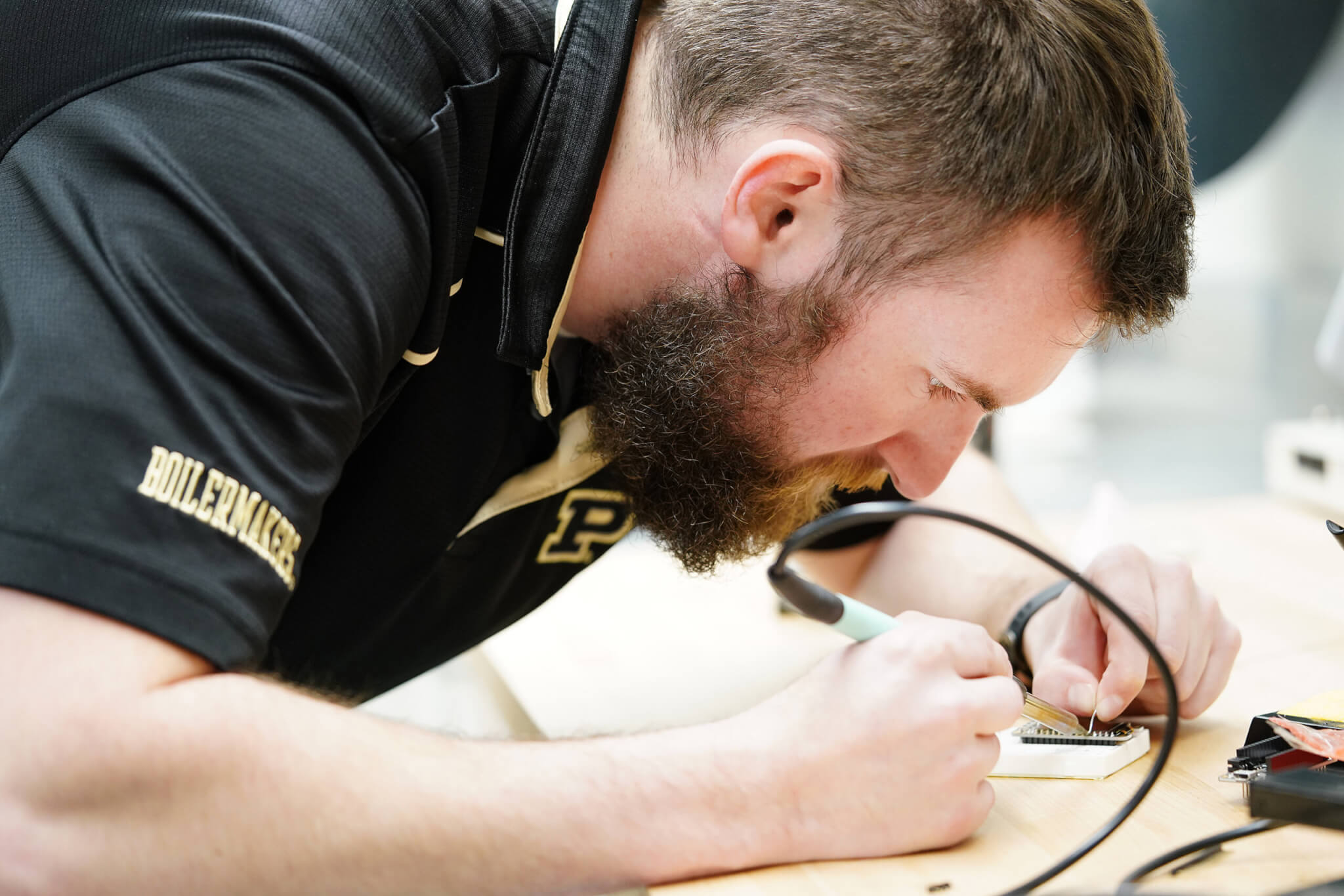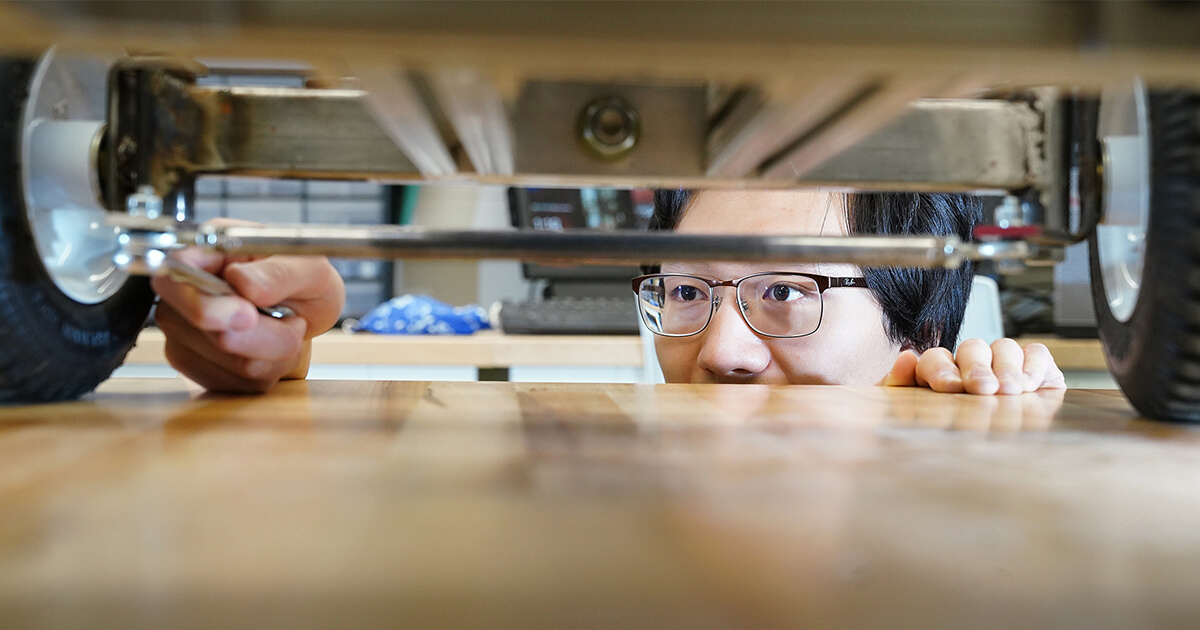Agricultural and Biological Engineering Program Earns Top Ranking
P
urdue University’s Agricultural and Biological Engineering (ABE) Graduate Program is ranked #1 in its category in the annual U.S. News & World Report rankings of Best Graduate Schools. The ABE graduate and undergraduate programs have consistently received top ranking over the last decade.
“The College of Agriculture celebrates the number one ranking our graduate agricultural and biological engineering program has earned. I thank the dedicated faculty and staff members, led by Nate Mosier, for their commitment to graduate education and for their advancement of innovative and globally-renowned research,” said Karen Plaut, Glenn W. Sample Dean of Agriculture.
Department head and professor of agricultural and biological engineering Nate Mosier believes that the strength of Purdue’s ABE department is the department’s scope.

“We have a large and diverse program that spans the breadth of agricultural and biological engineering and that impacts sustainable agriculture, the environment and human health,” Mosier said. “While other programs might have strengths in one or two of these areas, Purdue has them across machine design, data science applications and biological and ecological engineering.”
Mosier explains that diverse disciplines also create important options for graduate students.
“There are opportunities for graduate students to deepen their understanding in their areas of specialization and to broaden that knowledge through collaborations. Finding connections with other research groups leads to insights and breakthroughs to novel approaches,” he observed.
Mosier credits incredible teamwork for his department’s ranking.
“This achievement reflects the excellent work our faculty do in graduate education and research. And none of this would happen without the contributions and breadth of skills our staff members contribute.”







